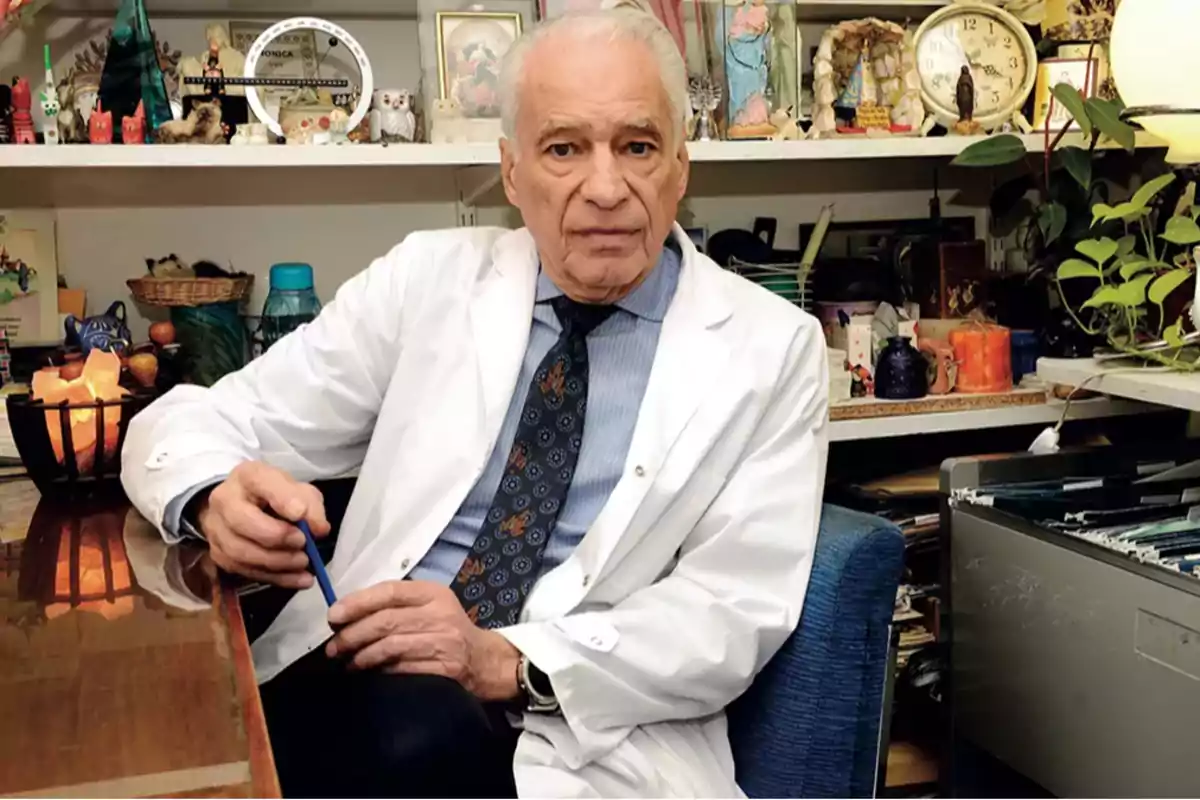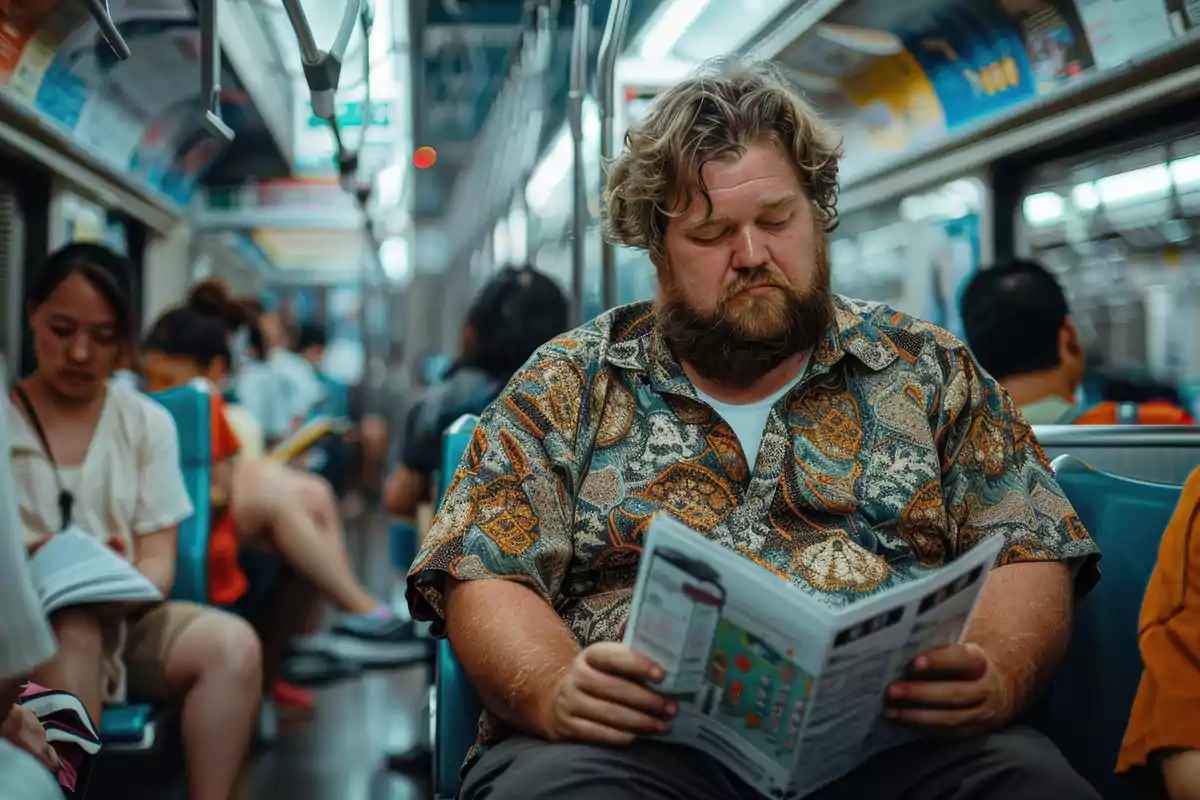
Alberto Cormillot gave his opinion on whether one should give up their seat to obese people.
The response from the renowned doctor left all the participants of Cuestión de peso (eltrece) perplexed
During a recent broadcast of Cuestión de peso (eltrece), Dr. Alberto Cormillot addressed a topic that, although everyday, is often loaded with social tensions: should a seat be given up to a person with obesity on public transport? The discussion arose while the program's host, Mario Massaccesi, was talking with the medical team about fluid retention in participants and the efforts they make to reach the clinic daily.
The case that prompted the reflection was that of Lionel, one of the participants, who has to take three buses every morning to reach the treatment center by 6:30. "I suppose they don't give you the seat, do they?" Massaccesi asked him. He then directly added to Cormillot: "Should they give it to him, Doctor?"
With the composure that characterizes him, Cormillot replied: "Some may feel it as an offense, the issue of the seat is complicated. Offering it is the right thing to do, but the person with overweight may interpret it as a condescending gesture or a way of pointing out their body."

"When a person with obesity receives a seat, they may feel grateful if they need it, but also judged if they interpret that the gesture is loaded with a prejudice about their physical capacity," he analyzed about this practice.
Meanwhile, Cormillot raised a concrete issue that is often overlooked: space. "The body of an obese person occupies, in some cases, more than one seat. This is not a matter of guilt or shame, but a physical reality that can cause discomfort, both for the person traveling and for those around them. And that also needs to be said without stigmatizing," he assured.
"Insufficient rest, the stress of transportation, and lack of comfort also affect the metabolic and emotional health of these people," added the doctor, highlighting why some of the program's participants might be unable to lose weight due to not being able to rest during their public transport journeys.
"It's not just about giving up a seat, but about understanding what's behind that person's body. We can all have a bad day, a tired body, or a need. And if we're going to offer something, let it be from respect, not from mockery or pointing out," he concluded, making it clear that the decision to give up a seat is very personal and not necessary in all cases.
More posts: